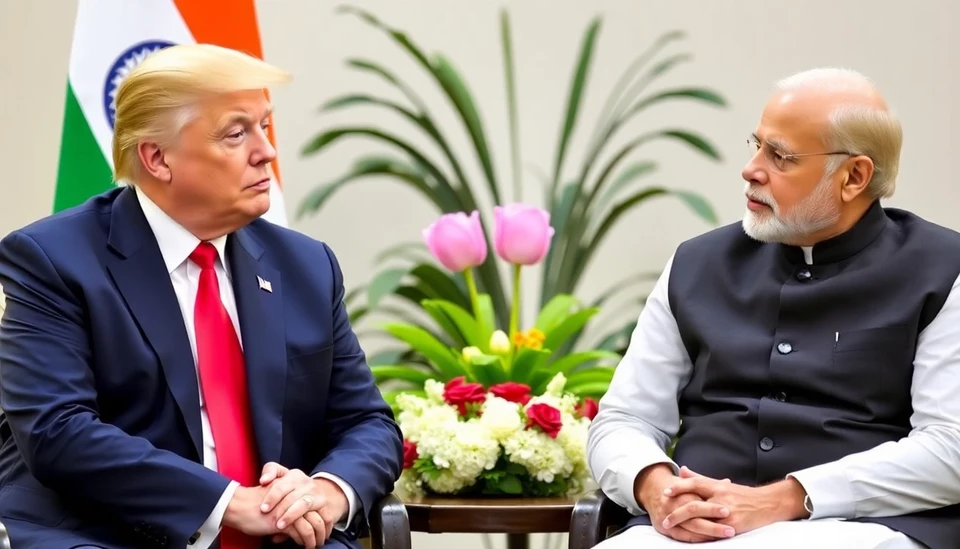
Recent news concerning allegations of bribery against Indian billionaire Gautam Adani has sparked significant discussion across financial and political circles. The allegations, stemming from a report highlighting international bribery connected to foreign projects, have placed Adani under intense scrutiny, particularly from investors and regulatory bodies. As the situation evolves, reactions from various stakeholders reveal a complex landscape of support, skepticism, and caution.
Following the publication of the report, which implicated multiple parties in bribery schemes linked to Adani's business dealings, the business tycoon and his conglomerate, the Adani Group, issued a firm denial of the accusations. They described the allegations as an "unsubstantiated smear campaign" aimed at undermining their operational integrity and global standing. The group's spokesperson emphasized their commitment to ethical business practices and expressed confidence in their vindication as investigations progress.
Investors, already jittery after a series of setbacks in stock performance earlier this year, reacted swiftly. Shares of the Adani Group companies saw a notable dip as market analysts warned of possible regulatory repercussions that could arise from the legal repercussions of the bribery allegations. This downturn reflects a growing apprehension among investors about the long-term viability of the Adani Group in light of these accusations, particularly given the Indian business tycoon's previously illuminated vulnerabilities.
Industry experts also joined the conversation, with some experts suggesting that while the accusations are serious, they could also serve as an opportunity for corporate transparency within India's business ecosystem. Proponents of this view argue that such scrutiny will ultimately lead to stronger governance and accountability standards, which could benefit the broader market in the long run.
However, not all reactions are supportive of this perspective. Critics of Adani's business practices have pointed to this incident as symptomatic of broader issues within the Indian corporate landscape, underscoring the need for robust regulatory frameworks to deter corrupt practices. Many observers fear that without stringent enforcement, unethical behavior may pervade further, potentially jeopardizing India’s image as an emerging market.
As this unfolding saga gains traction, there are calls for investigations by regional authorities, and some stakeholders urge the Indian government to clarify its stance on the allegations. This clarity is essential not only for the affected parties but also for potential foreign investors who may be reconsidering their engagement with Indian businesses amidst concerns over governance and ethical standards.
In the coming days and weeks, the Adani Group's ability to mitigate the fallout from these allegations will be closely monitored by investors and regulators alike. If the conglomerate can successfully address these concerns, it may help stabilize its embattled stocks and restore faith among stakeholders. However, if investigations reveal substantive evidence of wrongdoing, the implications could be far-reaching not just for Adani, but for India's corporate reputation on a global scale.
As the international community continues to respond to these developments, the focus will be on maintaining a balance between holding powerful figures accountable while fostering a resilient market environment that encourages ethical business practices.
As the situation continues to evolve, all eyes remain on Gautam Adani, the Adani Group, and the implications of these serious allegations within both national and international contexts.
#Adani #BriberyCharges #CorporateGovernance #India #Investors #BusinessEthics #GautamAdani #FinancialNews #EmergingMarkets
Author: Samuel Brooks




